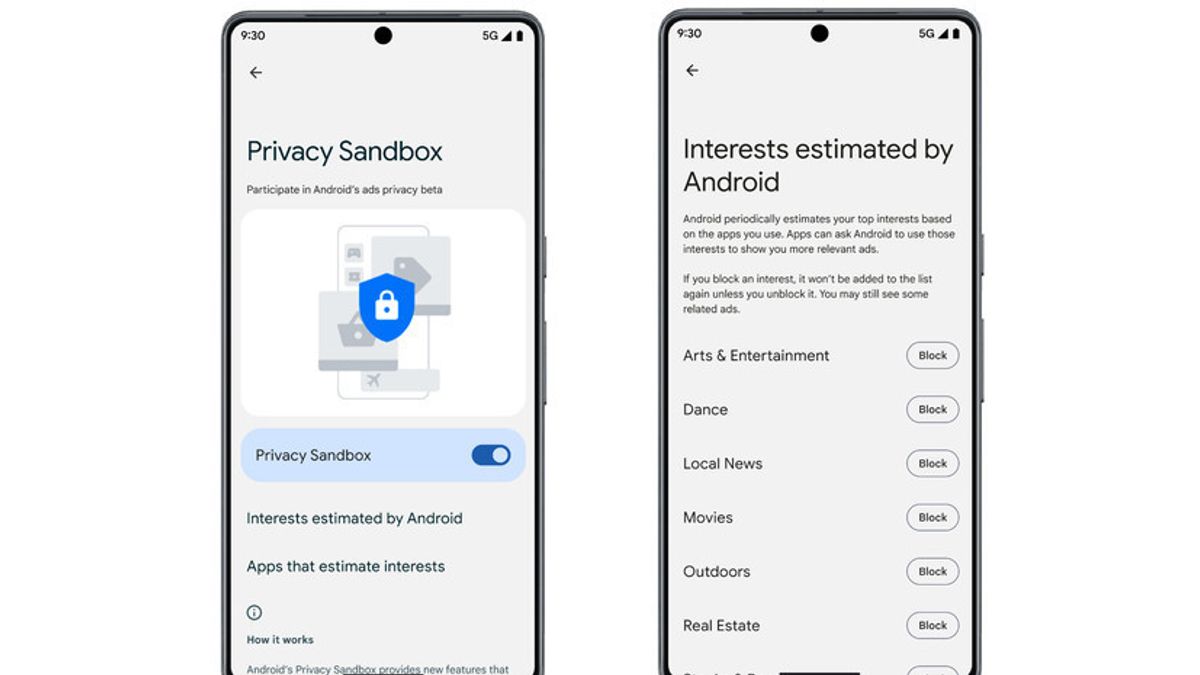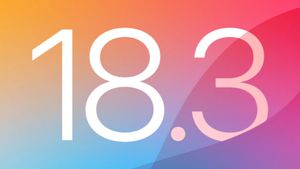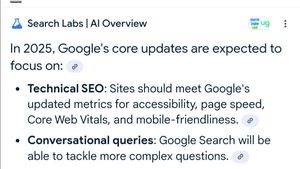JAKARTA - Google is starting rolling out the first beta for Privacy Sandbox on Android tomorrow to a number of Android 13 devices. Where users and developers can test new technologies in the real world.
This program is the company's attempt to integrate user information with targeted ads without disrupting their privacy, which technology giants have been working on for years in a planned transition from cookies-based web tracking.
Android devices are currently provided with a unique Android Advertising ID that users can reset, track user behavior and create personal ad profiles that app developers can use.
And, Privacy Sandbox aims to replace Android Advertising this ID with a privacy-preserving API, which Google says will limit user data to share with third parties and remove cross-app identification while still supporting personalized ads.
The Privacy Sandbox Beta provides a new API designed with privacy as its core, and does not use identifiers who can track your activity across apps and websites, said VP Privacy Sandbox on Google, Anthony Chavez.
The application that chooses to participate in Beta can use this API to display relevant ads to you and measure its effectiveness.
In practice, Android users who gain access to Privacy Sandbox beta will receive a notification in advance about it.
Then, they will be able to adjust the settings in the Privacy Sandbox section on Android Settings. Google currently allows beta testers to manage their interests estimated by Android based on the app they use.
This allows Android apps participating in Privacy Sandbox beta to suggest more relevant ads to users.
Launching The Verge, Wednesday, February 15, Privacy Sandbox on Android has some similarities with Google's Privacy Sandbox for web projects, which aims to gradually begin removing third-party cookies in Chrome by 2024.
Google says the two projects have the same vision to increase user privacy while supporting the main business of capabilities, but using different technologies and will be developed independently.
"Developing digital advertising to increase user privacy, by switching from dependence on cross-app tracking, is critical to the future of a growing cellular ecosystem. We will continue to work closely with developers, marketers, and regulators on this journey." said Chavez.
The English, Chinese, Japanese, Arabic, and French versions are automatically generated by the AI. So there may still be inaccuracies in translating, please always see Indonesian as our main language. (system supported by DigitalSiber.id)













